Itinerary: How to See Northeast India in 14 Days
Although incredibly difficult to see everything on offer in India’s northeast in just 14 days, it’s possible to see some of the highlights. Our partners Goats on the Road share their itinerary for those of you with a two-week timeframe.
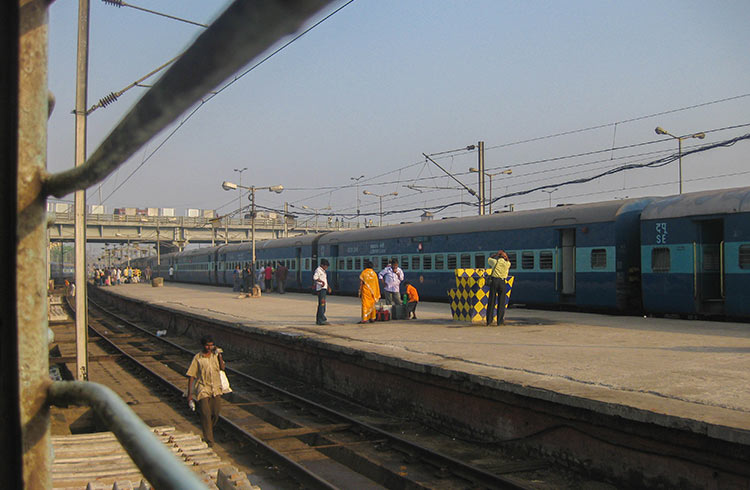 Photo © Goats on the Road
Photo © Goats on the Road
The northeastern reaches of India are some of the most unexplored, ethnically diverse, and fascinating areas of the country.
Bordered by Myanmar, Bangladesh, Tibet, Bhutan, and Nepal, the region is a mix of cultures, cuisine, religion, and traditions.
Note: the best time to travel to this region is between November-April.
- Days 1-2: Kolkata & Darjeeling, West Bengal State
- Days 3-5: Sikkim State
- Days 5-11: Assam and Meghalaya States
- Day 11-14: Nagaland State
Days 1-2: Kolkata & Darjeeling, West Bengal State
IndiGo airlines offer cheap flights from Bangkok, Singapore, and Dubai to Kolkata, making this the perfect city to start your northeast India trip.
But, be prepared as Kolkata is the seventh largest city in India and one of the most hectic, eye-opening, and unique destinations we’ve ever visited.
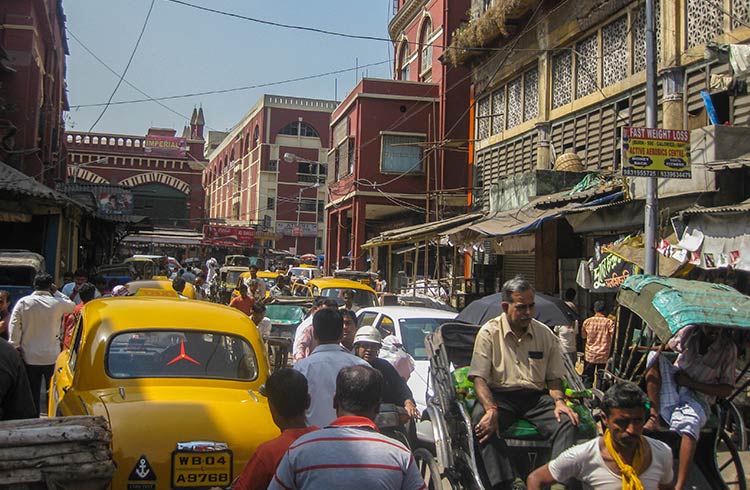
Most travelers find themselves in the Sudder Street / New Market area of the city, which offers cheap accommodation and excellent street food options.
Bengali cuisine is unique to anywhere else in the country. Make sure to sample jhal muri (a wonderful mix of puffed rice, dhal, peanuts, tomatoes, cilantro, and masala seasoning), kati (the most amazing fried chicken roll we’ve ever had!) and a mixed light meal (found on the streets you can get a plate of chapati bread, a vegetable curry, chutneys, chillies and onions).
Wash the food down with a cup of chai served in a clay cup and you’re good to go.
All of these snacks and meals go for around US $0.20-0.75, with a cup of chai coming in at around US $0.05.
Not only does Kolkata have the most famous street food in India, but due to the fact that this city used to be the capital of British India, you’ll find lots of colonial gems dispersed throughout the city.
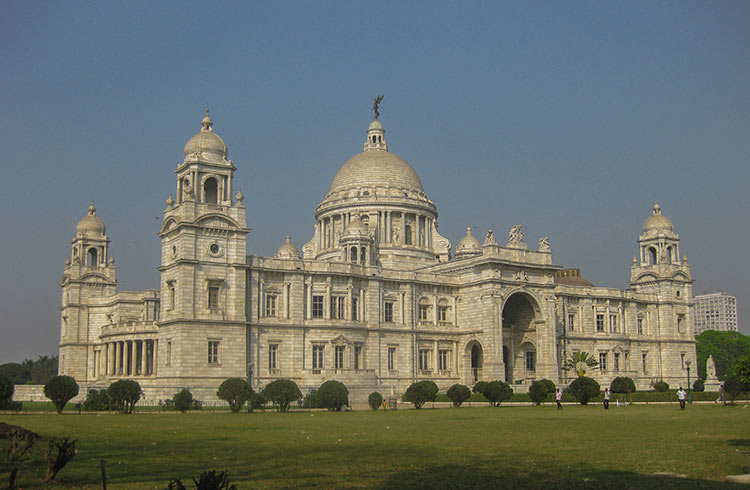
Don’t miss the Victoria Memorial, Howrah Bridge, Mother Teresa House, Khalighat Kali Temple, and St. Paul’s Cathedral.
Kolkata is more of a city that you need to “feel” rather than see. You’ll know what I mean when you get there…
Continuing in the same state, hop on an overnight train from Kolkata to New Jalpaiguri. From here, it’s an easy shared taxi or jeep ride to Darjeeling.
Traveling by train in India is the best way to get around, while seeing the countryside and meeting the people. It’s also a great way to save money as you can combine your overnight stay with your transport. I recommend AC2 or AC3 trains for the best balance between cost and comfort.
Darjeeling is all about tea and the Kanchenjunga mountains, so make sure to stay somewhere with amazing views of the snow-capped peaks.
Regardless of whether or not you can see the mountain range from your accommodation, make sure to make your way to Tiger Hill for sunrise views over the mountains.
Days 3-5: Sikkim State
This little state is bordered by Nepal, Tibet, and Bhutan, so as you can imagine, the Buddhist architecture and religion is prominent here – as is the Himalaya mountain scenery!
Hop on a shared jeep or taxi in Darjeeling and make your way to the city of Gangtok in the Sikkim State.
The city is the Tibetan Buddhist Center, and a jumping-off point for trekkers into the Himalayan mountain range. The city itself is aesthetically pleasing and is worth wandering around for a few hours.
About an hour away from Gangtok, you’ll find the peaceful Rumtek Monastery, which is one of the oldest in the state. Continuing with Buddhist monuments and temples, don’t miss the Namgyal Institute of Tibetology, which offers the largest amount of Tibetan preaching outside of Tibet itself.
Once you’ve received your religious fill, make your way to the mountains.
Take a trip out to Tsomgo Lake, which is a glacier lake set at an elevation of 12,400 ft (around 3,600m) above sea level. It’s only about 25mi (40 km) from the city, and is a great place to get out into nature.
Not into lakes? Try white-water rafting, mountain biking or hiking instead.
Sikkim may be small, but good things often come in small packages.
Days 5-11: Assam and Meghalaya States
The states of Assam and Meghalaya have a lot to offer travelers, but we’ll stick to the highlights here.
From Darjeeling, take a train to Guwahati, the capital of Assam. This is the gateway to this portion of north-eastern India, which seems almost detached to the rest of the country due to Bangladesh dividing the land mass.
The Hindu temple of Kamakhya and the river island temple of Umananda are two popular sites in the city.
Assamese food is simple, yet flavorful. Don’t miss the iconic Paradise Restaurant which has been serving up traditional food for many years.
To get up close with the endangered one-horned rhino (and if you’re lucky, a tiger), make a trip to the popular Kaziranga National Park and stay at one of the park hotels. They offer elephant rides in the park, however, here’s why we don’t condone or endorse this activity.
To make your way to the State of Meghalaya, you’ll need to travel by bus, as there’s no rail connecting the two states. Your best bet is to travel from Guwahati to Shillong, which is often referred to as the Scotland of the East.
Once in Shillong, get your walking shoes ready. There are numerous lakes, hikes, waterfalls, and sights to see around this area.
The highlights are endless, from Umiam Lake, which resembles the Lochs of Scotland, to the Elephant Falls, and Shillong Peak – you won’t be bored here.
Meghalaya is actually known as being one of the wettest places on earth. And, because of this, the rivers will often flood in various areas of the State.
Around the village of Nongriat, the Khasi people came up with a brilliant idea to use the roots of trees to create natural bridges. It takes about 15-20 years for the roots of the trees on either side of the banks of the river to connect with the other. The oldest bridges date back 100 years.
A trip to Nongriat is a must.
Day 11-14: Nagaland State
Moving on to the final state, travel by bus or shared car from Shillong to Kohima.
Nagaland is home to 14 different tribal groups, making this a very interesting place to visit. There are numerous festivals to see here and experiences to have.
If you have the chance, try to time your visit to Nagaland to see the Aoling Festival and the Hornbill Festival, both of which run for about two weeks at the start of December.
The city of Kohima isn’t a bad place to spend some time. Here, you’ll find a well-maintained cemetery for fallen British and Indian soldiers during WWII, an interesting market where local tribes sell exotic delicacies, a couple of interesting museums, and a few good cafes.
If you’re more into the outdoorsy activities, Nagaland has loads of those on offer. You can trek to the 8,200ft (2,500m) Dzukou Valley, go mountain biking through numerous villages, and hike to the Triple Waterfalls – bring a picnic!
Each of the states in north-eastern India has something different and exciting to offer travelers.
Make the effort to travel to this relatively unknown portion of the subcontinent, and you will be rewarded with spectacular scenery and unique experiences.
Related articles
Simple and flexible travel insurance
You can buy at home or while traveling, and claim online from anywhere in the world. With 150+ adventure activities covered and 24/7 emergency assistance.
Get a quote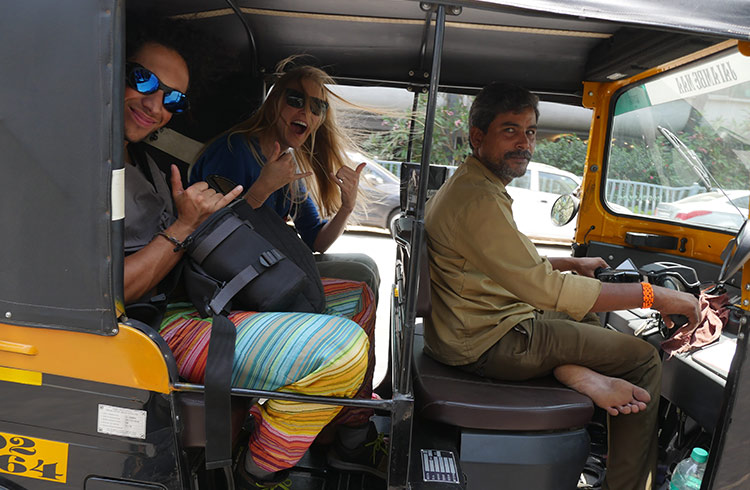
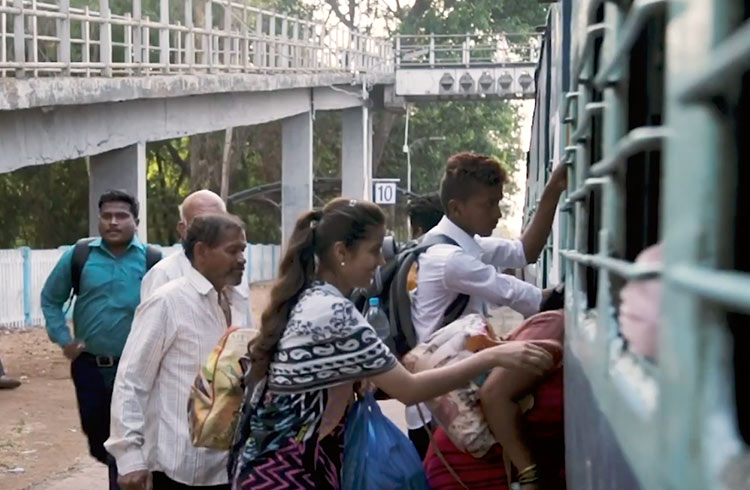
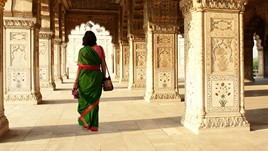
No Comments